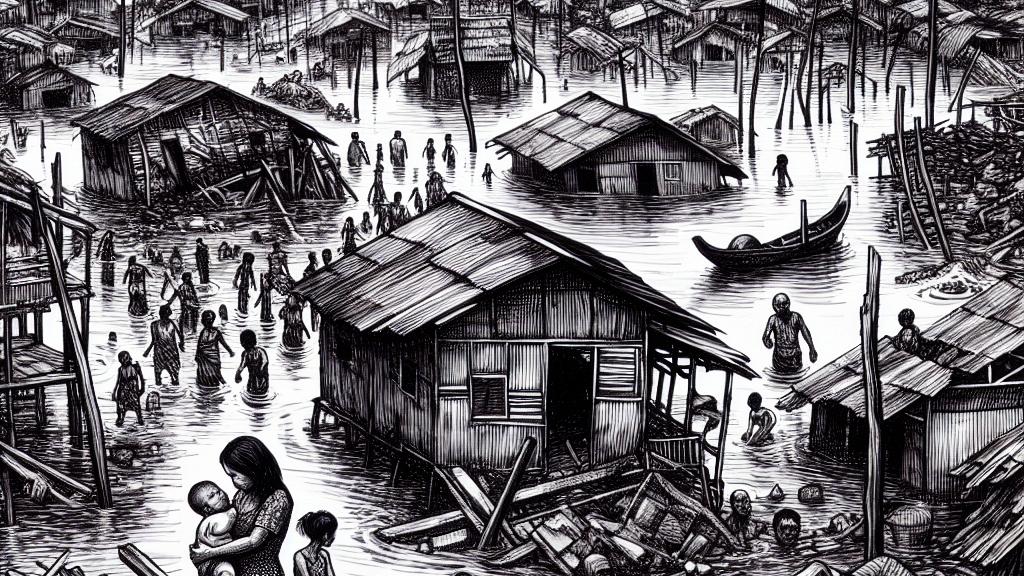Increasing Violence Against Women Linked to Climate Change Disasters
Overview
- Recent studies reveal a shocking link between the rise in climate disasters and a significant increase in intimate partner violence against women.
- While wealthier nations typically see fewer incidents of violence, crises triggered by climate change make women particularly vulnerable.
- To tackle climate change effectively, we must prioritize strategies that also aim to prevent violence against women.

The Alarming Relationship Between Climate Change and Domestic Violence
Newly published research is shedding light on a disturbing truth: climate change disasters, such as hurricanes and severe floods, correlate strongly with a rise in intimate partner violence against women. This extensive study, involving data from 156 countries, demonstrates that violence against women often spikes in the aftermath of these catastrophic events. For instance, in the wake of devastating floods, families may struggle with extreme economic pressures and stress, leading to conflicts that can escalate to violence. It's essential to understand that while these disasters destroy homes and communities, they also fracture relationships and increase vulnerability, particularly for women, who frequently bear the brunt of such societal upheavals. This connection is alarming and necessitates urgent attention.
Compounding Gender Inequalities During Crises
The ramifications of climate-induced disasters are not felt equally; they disproportionately affect women, particularly in poorer regions. Women often have less access to resources and decision-making processes, which leaves them highly exposed during environmental crises. Take, for instance, the situation after a natural disaster: women who rely on agriculture for their livelihoods face not only food scarcity but also heightened risks of violence at home as tensions rise. Additionally, they often encounter barriers that prevent them from participating effectively in disaster response efforts. Data from the National Intimate Partner and Sexual Violence Survey underscores this, revealing that millions of women in the United States are victims of intimate partner violence annually. Such statistics starkly highlight the social chaos that can ensue during crises, amplifying the already prevalent issues of gender-based violence.
A Call for Integrated Solutions to Combat Climate and Gender Issues
To address the entwined challenges of climate change and violence against women, we need comprehensive and integrated solutions. It's imperative that climate strategies actively incorporate gender perspectives; failing to do so perpetuates the cycle of vulnerability. Experts from UN Women advocate for collecting gender-disaggregated data, which is crucial for understanding the specific challenges women face in disaster contexts. By prioritizing female leadership in disaster management, communities can develop more effective responses—consider programs that empower women to lead local disaster preparedness initiatives. These programs not only enhance safety but also foster resilience within communities. As we confront the escalating realities of climate change, it is vital to embed women's safety and empowerment at the core of our strategies. Doing so creates a robust framework for building resilient and equitable societies.

Loading...